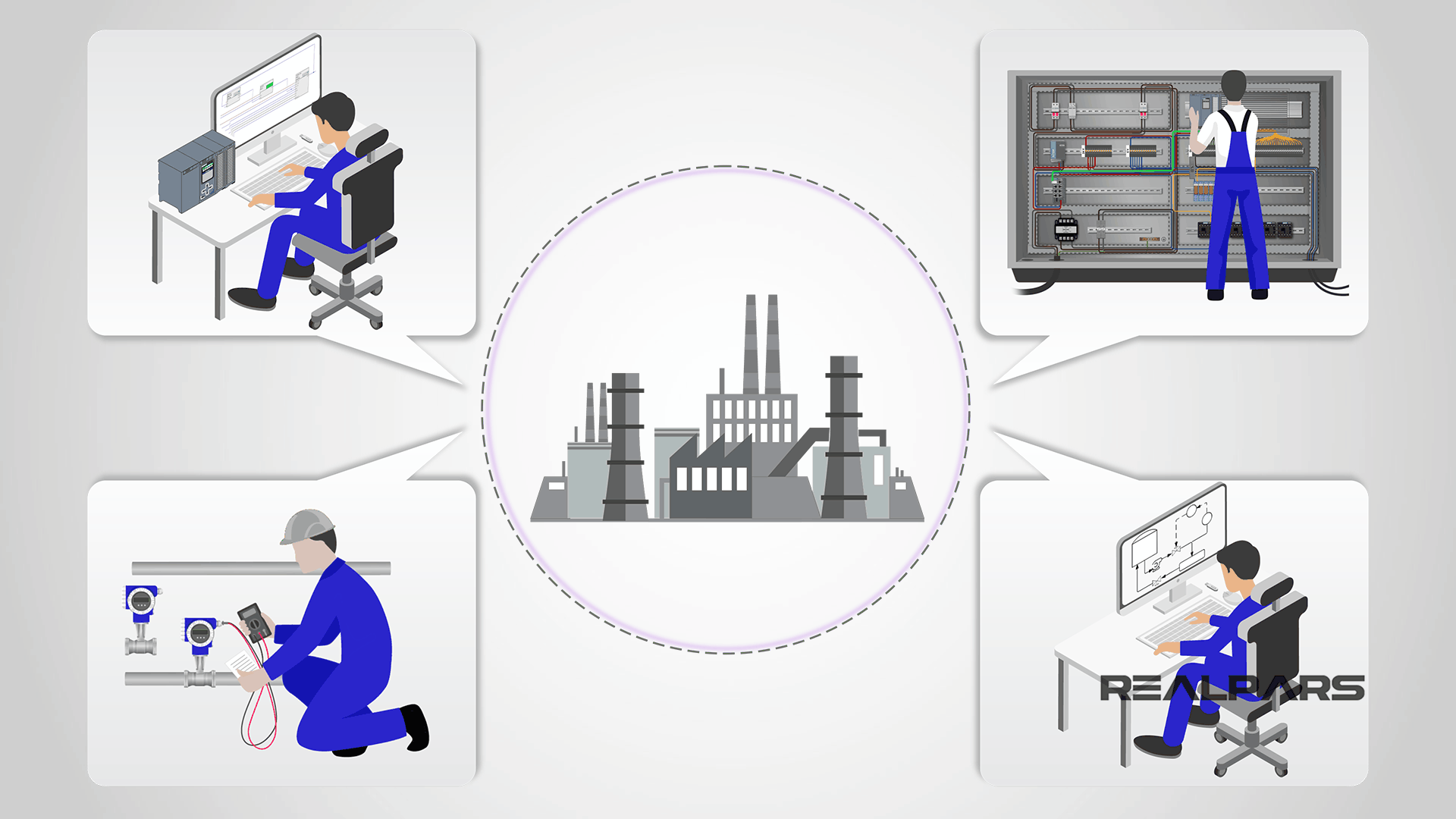Automation is reshaping industries across the globe, and the USA is at the forefront of this transformation. As businesses seek to streamline operations, increase efficiency, and reduce human error, the demand for professionals skilled in automation is growing rapidly. Whether you’re interested in industrial automation, robotics, software automation, or business process automation, the career prospects in this field are promising. This article will provide a comprehensive overview of the job criteria, skills, education requirements, and potential opportunities for jobs in automation.
What is Automation?
Automation involves the use of technology to perform tasks that were previously carried out by humans. This can be through machines, software, or artificial intelligence. Automation can range from simple tools like chatbots handling customer service inquiries to complex robotic systems managing manufacturing processes. The growing trend of automation has opened doors for various professionals, including engineers, software developers, system architects, and business process experts.
Key Criteria for Jobs in Automation
If you’re interested in pursuing a career in automation, here are some of the primary job criteria:
- Educational Background
Most jobs in automation require a solid foundation in technical and engineering disciplines. While a bachelor’s degree is often the minimum requirement, many higher-level positions call for a master’s degree or specialized certifications.
Degrees in Demand: Computer Science, Electrical Engineering, Mechanical Engineering, Robotics, Software Engineering, or Automation Engineering.
Certifications: Certifications in specific automation tools or platforms like PLC programming, Robotics, or AI-based systems are highly valued. These certifications are often vendor-specific, such as the Certified Automation Professional (CAP) by ISA (International Society of Automation). - Skills and Technical Expertise
Automation professionals are expected to be highly skilled in both technical and analytical areas. The skills required will depend on the specific role but generally include:
Programming Languages: Knowledge of languages like Python, Java, C++, or specialized automation tools like PLC programming.
Robotic Process Automation (RPA): Tools such as UiPath, Blue Prism, and Automation Anywhere are becoming essential for business process automation.
Artificial Intelligence & Machine Learning: Many automation roles focus on integrating AI to optimize tasks, so understanding algorithms and neural networks can be an asset.
Problem-solving and Analytical Skills: Ability to analyze complex systems and develop automation solutions. - Experience Requirements
While entry-level positions may not require extensive experience, mid- to senior-level positions typically require a few years of hands-on experience in automation technologies. Experience in working with automation systems in industries like manufacturing, software development, or business operations is highly valued.
Junior Positions: May require 1-2 years of experience, internships, or practical lab experience during education.
Senior Positions: Typically demand 5-7 years of experience, with a track record of leading automation projects or teams. - Communication and Collaboration Skills
Automation professionals often work in multidisciplinary teams, so the ability to communicate clearly and collaborate with others is critical. This may include working alongside engineers, software developers, and business analysts to develop and deploy automation solutions. - Certifications and Specializations
Many employers prefer candidates with certifications that validate their expertise in automation technologies. Some common certifications include:
ISA Certified Automation Professional (CAP)
Rockwell Automation Certificate
Siemens Automation Certificates
Robotic Process Automation (RPA) certifications such as those from UiPath or Automation Anywhere. - Adaptability and Continuous Learning
Automation is an evolving field, and professionals must stay up-to-date with new technologies and tools. Employers often look for candidates who demonstrate a willingness to learn and adapt to new systems. This could involve learning about the latest robotics systems, software automation tools, or AI advancements.
Job Opportunities in Automation
Automation professionals are needed across various industries. Below are some key sectors and examples of roles you may encounter:
- Manufacturing and Industrial Automation
Roles: Automation Engineer, PLC Programmer, Robotics Engineer, Controls Engineer.
Overview: Manufacturing plants are increasingly relying on automation to streamline operations. Automation professionals are responsible for designing, developing, and maintaining automated systems in factories, including robotic assembly lines and PLC-controlled machines. - Information Technology and Software Automation
Roles: Automation Tester, DevOps Engineer, Software Automation Engineer, QA Automation Engineer.
Overview: Software automation is a critical component of the tech industry. Whether it’s automating testing processes, deploying updates through DevOps pipelines, or automating workflows using RPA tools, IT automation professionals are in high demand. - Business Process Automation
Roles: RPA Developer, Business Analyst, Process Automation Engineer.
Overview: Many businesses are adopting RPA tools like UiPath or Blue Prism to automate routine processes, such as customer service, finance, and HR. Business process automation can lead to significant cost savings and efficiency improvements for organizations. - Healthcare Automation
Roles: Automation Engineer for Medical Devices, Health Data Scientist, AI Specialist for Healthcare.
Overview: Automation is also transforming healthcare, from robotic surgeries to AI-driven diagnostic tools. Automation professionals in this field work to ensure that automated systems improve patient care, reduce errors, and streamline medical procedures. - Energy and Utilities Automation
Roles: SCADA Engineer, Automation Engineer for Power Systems, Renewable Energy Automation Specialist.
Overview: The energy sector is leveraging automation to optimize energy generation and distribution. Automation engineers in this field often work with SCADA (Supervisory Control and Data Acquisition) systems to control and monitor energy grids, ensuring efficiency and reliability.
Example of a Job Posting
Collaborate with cross-functional teams to optimize production lines.
Conduct regular maintenance and updates to automation systems.
Qualifications:
Bachelor’s degree in Automation Engineering or related field.
3+ years of experience in industrial automation.
Proficiency in PLC programming and robotics systems.
Strong analytical and problem-solving skills.
For more details,
contact
[email protected] or call
(555) 123-4567.
The automation sector is rapidly growing, with opportunities spanning multiple industries. Whether you’re interested in software automation, industrial robotics, or business process optimization, the right education, skills, and certifications will open up rewarding career paths. Keep in mind that staying updated on the latest tools and trends in automation will enhance your career prospects.
Start preparing today, and take advantage of the growing demand for automation professionals!




